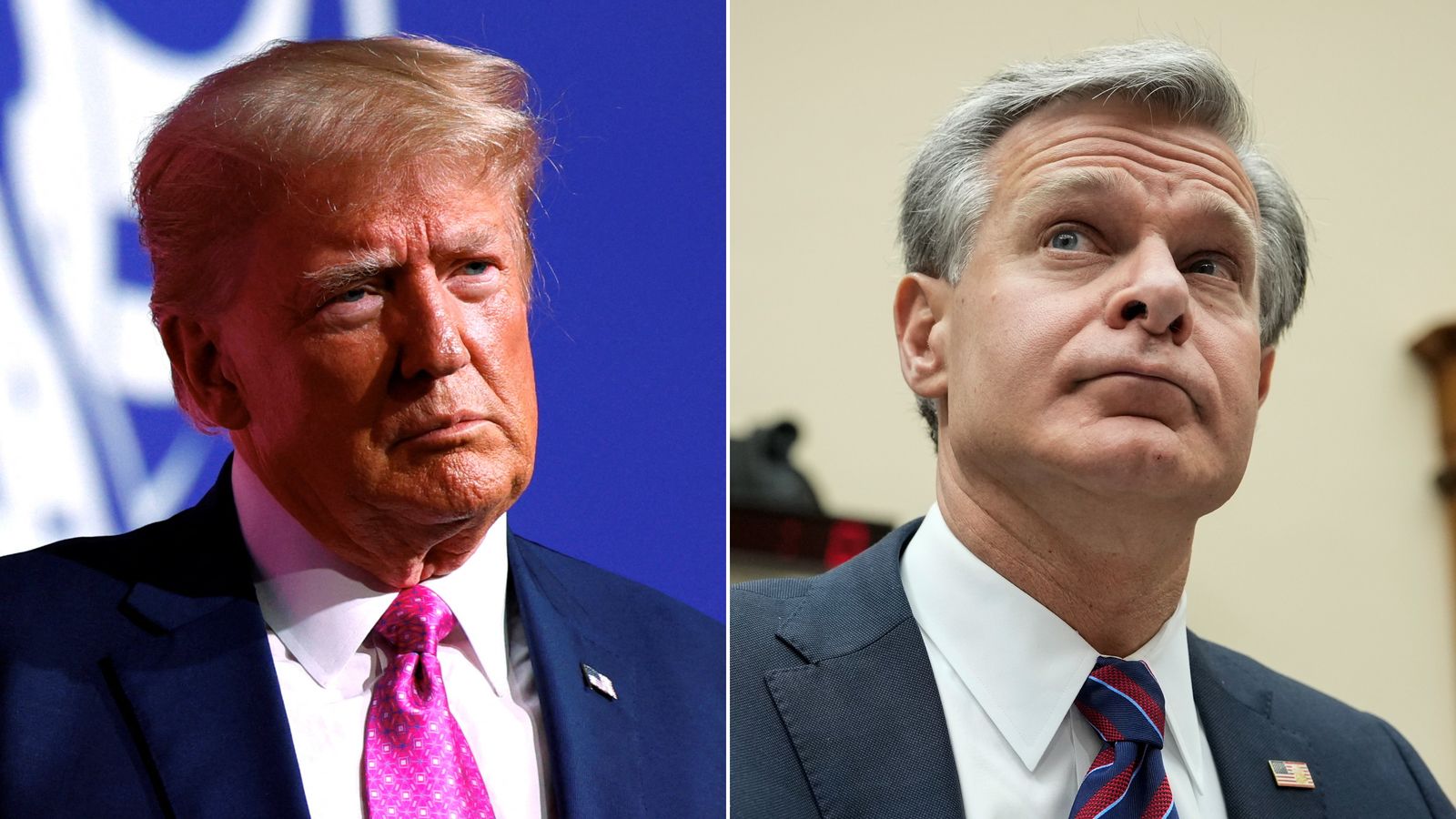Trump’s DOGE Plan Targets Remote Work, Sparks Federal Worker Exodus Fears
Former President Donald Trump’s proposal to implement a Digital Office Governance Efficiency (DOGE) initiative is making waves in federal offices across the country. The plan, which aims to eliminate remote work options for federal employees and tighten workplace oversight, has sparked significant debate, with many suggesting it could lead to an exodus of federal workers. Proponents of the initiative, including Trump allies and conservative voices, argue that the plan would restore accountability, efficiency, and public trust in government operations.
DOGE: A Direct Response to Government Remote Work Trends
Under the DOGE plan, remote work flexibility would be eliminated for federal employees, forcing them back into physical offices full-time. Trump and his supporters contend that the widespread adoption of telework during the COVID-19 pandemic has undermined productivity and eroded the public’s confidence in federal agencies. Citing studies that point to a decrease in efficiency and customer service response times, Trump has framed DOGE as a means to “bring government workers back to work.”
Elon Musk and Republican candidate Vivek Ramaswamy have voiced support for similar initiatives. Musk, known for his no-remote-work policy at Tesla, has highlighted inefficiencies in remote work arrangements. In a statement shared by Yahoo News, Musk remarked, “It’s not just about work; it’s about work ethic.” Ramaswamy has also emphasized the importance of physical office environments for collaboration and national unity.
The DOGE initiative mirrors these sentiments, with Trump stressing that federal workers should be held to the same expectations as private-sector employees, who have largely returned to offices.
Trending: Christopher Wray Faces Heat as Trump Eyes FBI Overhaul
Federal Workforce Resistance
Critics of the DOGE initiative, including labor unions representing federal employees, argue the plan could backfire by driving experienced workers to leave their positions. Federal agencies, already struggling with high vacancy rates and recruitment challenges, may face significant disruptions if workers resign en masse rather than comply with the new policy.
According to CNN, a recent survey revealed that nearly half of federal employees currently working remotely would consider quitting if required to return to the office full-time. This presents a potential conundrum for agencies tasked with implementing the plan without jeopardizing critical services.
While some Democrats have condemned the proposal as an unnecessary overreach, others within federal agencies have voiced concerns that eliminating remote work could hinder recruitment of younger, tech-savvy professionals. However, conservatives argue that flexibility is no substitute for accountability and that restoring traditional workplace norms is necessary to reinvigorate government operations.
The Broader Impact on Government Operations
The DOGE initiative also underscores a broader conservative effort to streamline government and reduce inefficiencies. Trump’s allies assert that requiring physical office attendance would improve oversight, reduce waste, and ensure federal employees are fully dedicated to their roles.
Experts argue that the culture of remote work has blurred the lines between personal and professional responsibilities, particularly in government roles that involve sensitive data or critical public services. Returning to the office could reinforce discipline and enhance teamwork.
Furthermore, Trump’s proposal aligns with his broader platform of ensuring that taxpayer dollars are spent wisely. Proponents view the DOGE initiative as an opportunity to reestablish transparency and accountability while dispelling perceptions of a bloated and ineffective federal bureaucracy.
Conservative Viewpoints on Accountability and Results
Conservative commentators have applauded Trump’s stance as a bold effort to challenge what they see as complacency within federal institutions. They argue that remote work arrangements have enabled some federal employees to avoid stringent oversight, leading to delays and inefficiencies. By enforcing in-office attendance, the DOGE plan would restore a culture of responsibility, ensuring that federal employees meet the standards expected of them.
Others note that the private sector has begun to pivot away from remote work, with major corporations setting a precedent by demanding employees return to the office. Trump’s initiative, they argue, would bring federal agencies in line with the same expectations.
Conclusion
The DOGE initiative reflects a growing push among conservatives to address the lingering effects of pandemic-era policies on government efficiency. While the proposal has sparked heated debate, it underscores a fundamental philosophical divide: should the government adapt to modern work trends, or should it adhere to traditional standards to maintain accountability?
As federal employees brace for potential policy changes, the DOGE plan has ignited a national conversation about the future of work in government. Trump and his allies remain steadfast in their belief that the initiative will strengthen government operations and restore public trust, even as critics warn of potential fallout.





